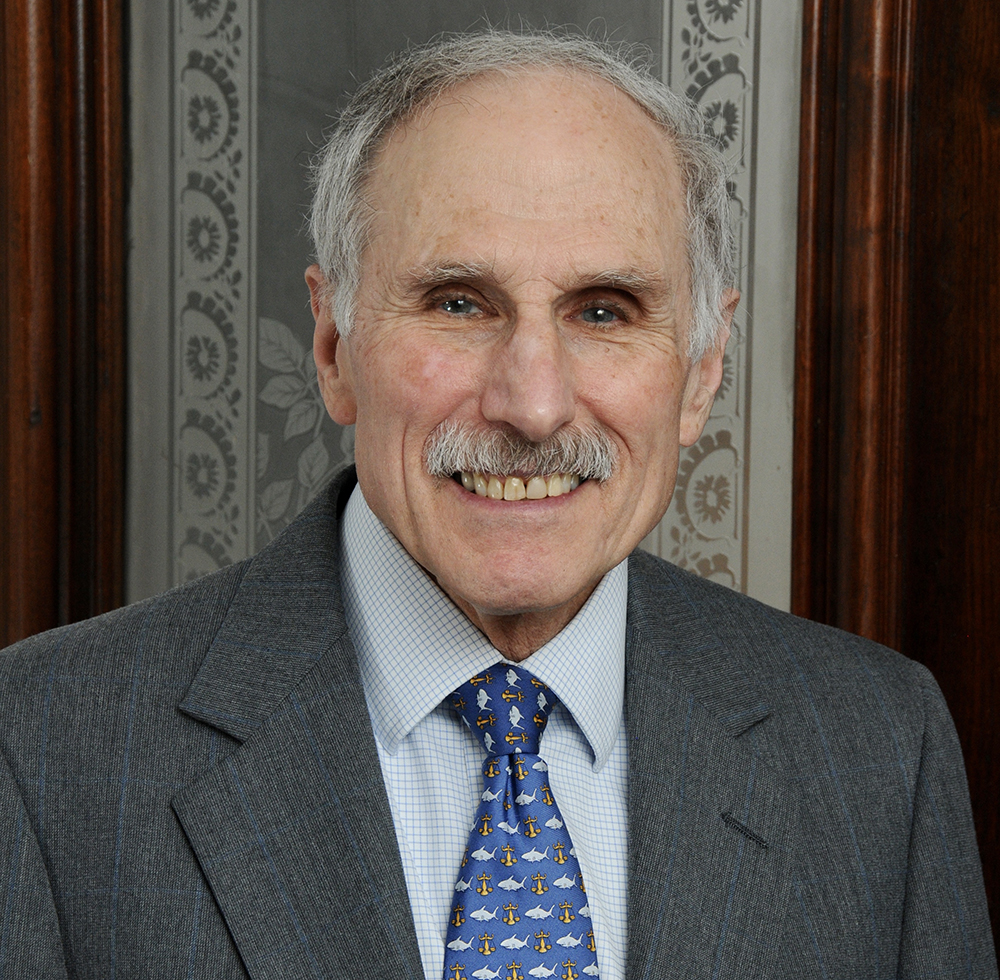Posted by Garrison, Levin-Epstein, Fitzgerald & Pirrotti, P.C. in News
Jun 22 2020
As it appeared on the Connecticut Law Tribune
As more and more litigants turn to alternative dispute resolution, experts expect the trend to continue even after the current health crisis is over.
By Robert Storace
In the midst of the COVID-19 pandemic, the number of alternative dispute resolutions has skyrocketed, experts say.
While the rise of cases resolved outside of courtrooms might not come as a surprise as many courthouses remain closed, mediators applaud the creative solutions they carve out from a mediation.
Many agree that mediations via the Zoom teleconferencing platform, for instance, will be around long after the current health crisis is over.
Pullman & Comley partner Lynda Munro, a former Superior Court judge, estimates she’s mediated about two cases a week since the pandemic hit in March.
Munro mediates both civil and family matters.
“You can be more creative with arbitrations and mediations as opposed to with a judge,” she said. “I believe it is one of the incentives to go to ADR: to allow the mediator to be creative.”
For example, the law in Connecticut, Munro said, doesn’t allow for judges to award assets to a third party in a divorce case. That is not the same rule for mediations, she said.
“Sometimes, you are fashioning relief that a judge can’t do for you,” Munro said. “This happens whether or not you are in Zoom. Sometimes, when people have had a long-term marriage and are in mediation, for an older couple you can do estate planning and assets can be directed to a third party, like the kids. A judge just can’t do that.” That, she said, can prohibit assets from going to a boyfriend or girlfriend. In mediation, she said, the children of the couple can be the third parties.
That recent mediation, Munro said, “took awhile to establish trust and the rapport between the parties and the mediator. But when the issue of the trust for the kids entered the conversation, that broke the dam.”
Christopher Kriesen, a mediator of tort-related matters and the founder and principal of The Kalon Law Firm in Hartford, said mediations can be more successful than appearing in court because “they let parties craft their own solutions.”
Kriesen, an attorney for 27 years, said he helped settle a drowning death case Friday, of which emotions played a big part. That would have never been allowed in a courtroom, he said.
“The case was a drowning death on the property of the defendant,” Kriesen said Monday. “It was personal for the defendant, and they needed to not only have a discussion about the legal issues, but also the emotional ones. Judges just don’t have the time for that. It’s short calendar and pretrials one after the other. With us, you can let people speak from the heart in ways they just can’t at trial.”
At trial, Kriesen said, “the defendant would never have the opportunity to share their feelings” because of such issues as being subject to the rules of evidence, where not everything can be said.
“Here I was able to give them time to share from the heart,” Kriesen said. “It’s part of the conflict resolution and the element that gets missed in litigation.”
In addition to mediations often being less expensive for parties, former Superior Court Judge Jonathan Silbert, also of counsel for Garrison, Levin-Epstein, Fitzgerald & Pirrotti in New Haven, said in Zoom meetings you can “have a direct and frank conversation with a party. That just wouldn’t happen in court.”
Posted by Garrison, Levin-Epstein, Fitzgerald & Pirrotti, P.C. in News









